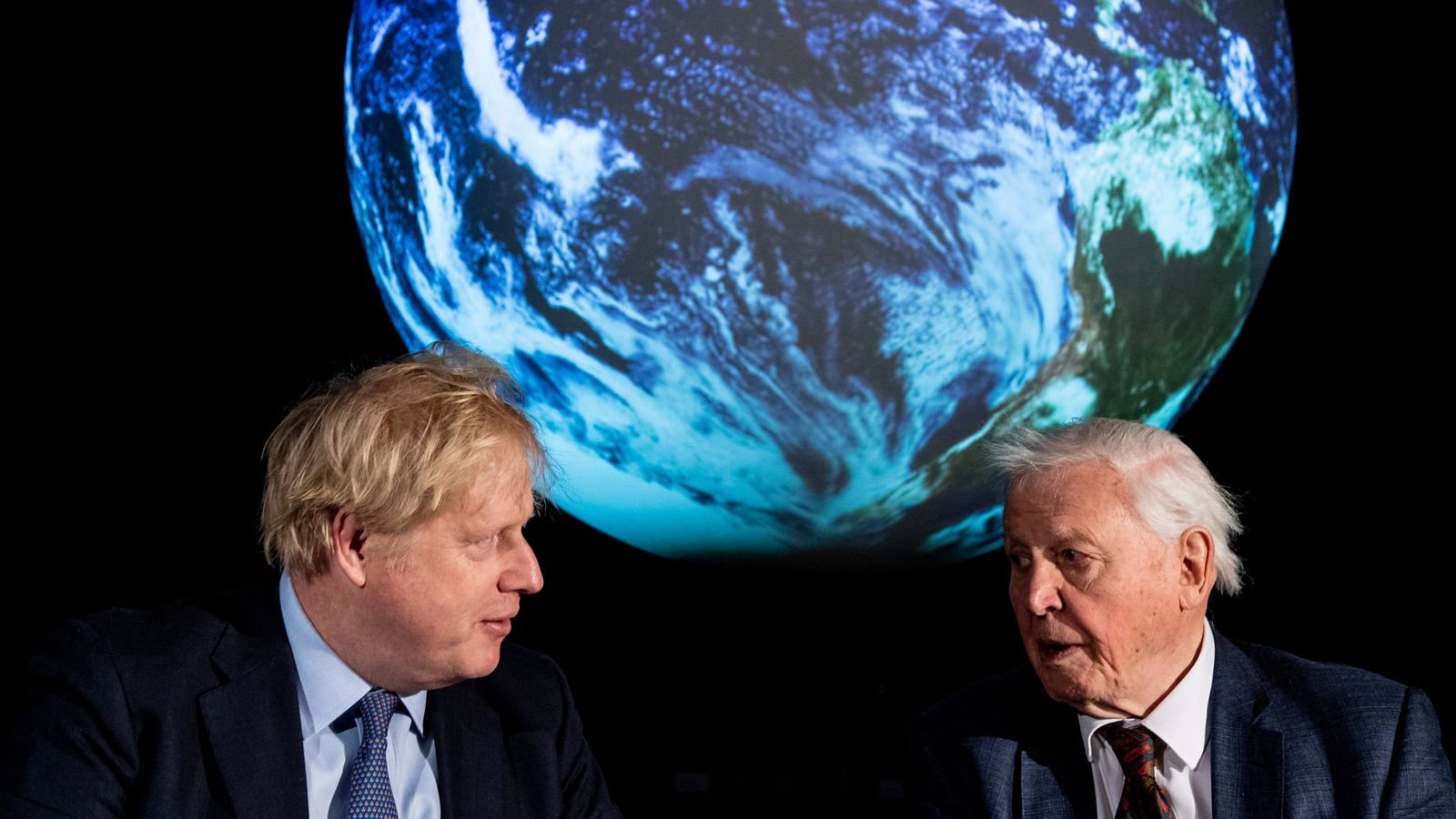That is the of argument of climate change deniers. Confusing Statistics. I can’t really be bothered with ridiculing your percentages, any fool could do that.
Firstly, the amount of water vapour in the air is neither here nor there. It has been unchanged for millennia. It is not a greenhouse gas. (The amount of water on on the planet is unchanged from millions of years ago.) if we didn’t have water vapour in the atmosphere it would never rain, and mankind would never have evolved. Indeed, life would never have emerged from the sea. Sharks, as apex predators, would rule the world.
Secondly, though CO2 is a small a percentage of the atmosphere, it has increased steadily, and lately at a faster rate as result of mankind pumping out CO2 from burning fossil fuels, the explosion in car driving, and all manner of industrial activity such as the manufacture of concrete. CO2 is a greenhouse gas. It doesn’t matter how small a portion of the atmosphere it is, it is supposed to be small and not increasing. The cycles of the sun have never affected the CO2 in history. The forests and sea have always maintained a balance. Now countries are destroying forests, particularly in the Amazon region. In the sea, corals and shellfish are dying because the seas are becoming more acid as a result of excess CO2, so they cannot make shells. Again, that hasn’t happened in history. The white cliffs of Dover are made from the shells of prehistoric sea creatures.
Sun cycles (which run 11 yearly approximately) have had no previous lasting effect on climate change or global warming. We would have noticed. The current rise in temperature has been happening steadily for more than three or four complete sun cycles, so blaming it on the sun is ludicrous.
So play with your use of percentages if you want to, but you can’t deny that mankind is buggering up the world. We aren’t, as St David Attenborough states, beyond the tipping point, but it won’t be long - certainly in our children’s lifetimes - that the Atlantic circulation will turn off, because of all the ice melting in the Antarctic which is proceeding apace. That’s the Gulf Stream, which keeps our weather temperate. We would have a Nordic climate - long snowy winters and warm summers. And no fish that you would recognise.
We will all be dead before all that happens, but our children won’t thank us.

 news.sky.com
news.sky.com


